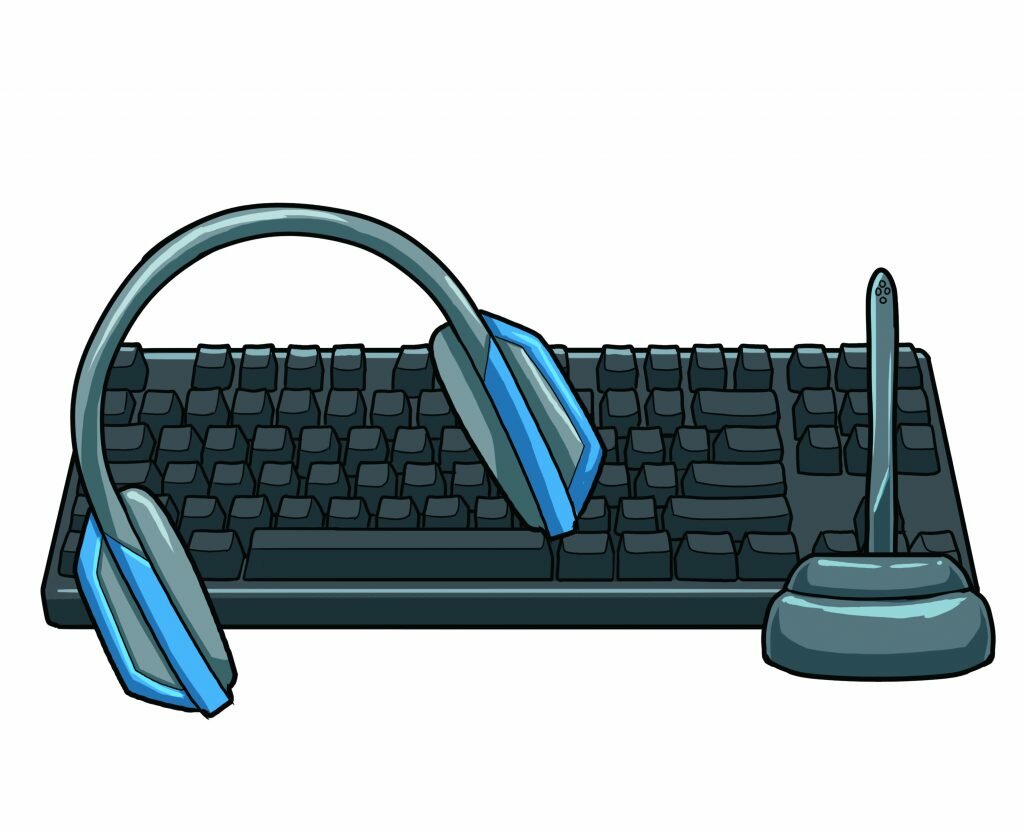Le Guin (World 31)
 Ursula K. Le Guin
(1929 – ; first SF publication, 1962) is one of the most respected authors in all of science fiction. Through her stories, she explores questions of philosophy, psychology, social interaction, ecology and more. For example, in
The Left Hand of Darkness
, each person of the world Geth is asexual except for a few days each month in which gender is a choice, while in
The Dispossessed
, it is debatable whether a symbolic wall protects a free society from its oppressive neighbor or is a prison wall, by which the oppressive neighbor keeps the society confined.
Ursula K. Le Guin
(1929 – ; first SF publication, 1962) is one of the most respected authors in all of science fiction. Through her stories, she explores questions of philosophy, psychology, social interaction, ecology and more. For example, in
The Left Hand of Darkness
, each person of the world Geth is asexual except for a few days each month in which gender is a choice, while in
The Dispossessed
, it is debatable whether a symbolic wall protects a free society from its oppressive neighbor or is a prison wall, by which the oppressive neighbor keeps the society confined.
About half of her science fiction writing is part of the Hainish cycle, set in a future where variations of humanity live on dozens of worlds throughout nearby space. Interactions among these variations provide many of the triggers for her stories.
(This is a discussion of science fiction, not fantasy, but it would be hard to mention Le Guin without bringing up her Earthsea stories, especially the initial juvenile trilogy of A Wizard of Earthsea , The Tombs of Atuan and The Farthest Shore .)
Ansibles
In the Hainish cycle, the Ekumen has instantaneous galaxywide communication through “ansibles.” Le Guin coined this word, and it has been used by plenty of other SF authors since then. It is fitting that the world Le Guin delivers ansibles to the other worlds of our own galaxy.
